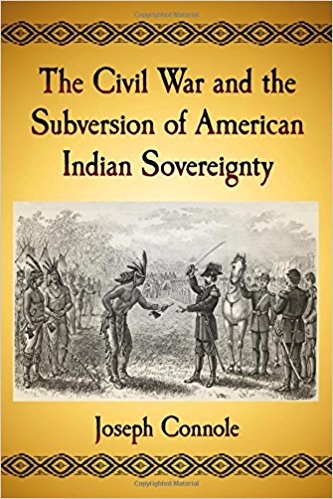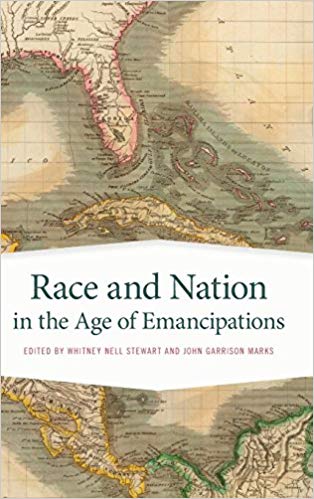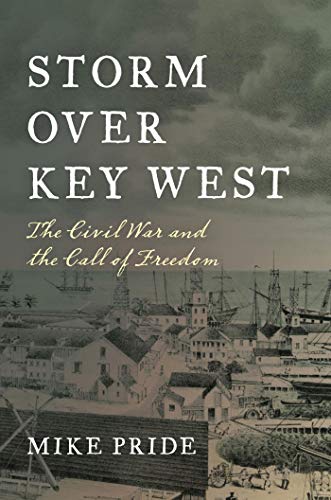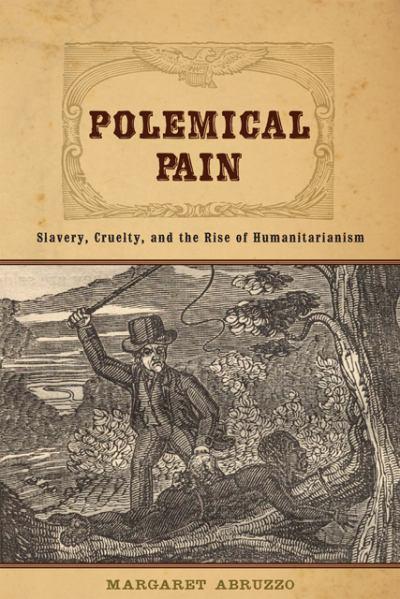The Civil War and the Subversion of American Indian Sovereignty by Joseph Connole. McFarland & Company, 2017. Paper, ISBN: 978-1476670737. $35.00.
 In 1865, the Republican Party controlled most all levers of power in the federal government. Especially during the Gilded Age, that power and authority flowed from the Northeast and Midwest—the base of the Union’s financial and industrial might—into a South ruined by military defeat and the Interior American West. For all intents and purposes, the land between the Missouri River and the Sierra Nevadas remained Indian Country. But the chartering of transcontinental railroads and the enhanced authority of the General Land Office whisked Uncle Sam into Indian Country as abruptly as the Reconstruction Acts brought him into the states of the former Confederacy. Indeed, the federal government’s violent repudiation of nullification and secession cast a foreboding pall over the future of Indian sovereignty.
In 1865, the Republican Party controlled most all levers of power in the federal government. Especially during the Gilded Age, that power and authority flowed from the Northeast and Midwest—the base of the Union’s financial and industrial might—into a South ruined by military defeat and the Interior American West. For all intents and purposes, the land between the Missouri River and the Sierra Nevadas remained Indian Country. But the chartering of transcontinental railroads and the enhanced authority of the General Land Office whisked Uncle Sam into Indian Country as abruptly as the Reconstruction Acts brought him into the states of the former Confederacy. Indeed, the federal government’s violent repudiation of nullification and secession cast a foreboding pall over the future of Indian sovereignty.
Independent historian Joseph Connole’s new volume nestles itself nicely into this broader narrative of America’s tumultuous journey through the mid-nineteenth century. Focused upon the post-removal Cherokee, Choctaw, Creek, Chickasaw, and Seminole Nations within the Indian Territory, the author details the disaster that the Civil War presented for Indian self-determination.
Connole lays out the ordeal of removal as a difficult but inescapable choice between native lands and civic autonomy. Each individual nation mimicked the complicated politics of disunion and war in the 1850s and 1860s. The end of the Civil War ultimately brought no peace to the Indian Territory, as former Union and Confederate allies alike found themselves bent to the will of an Indian Bureau that viewed indigenous peoples as conquered subjects rather than citizens. The subordination of the Indian Territory to military oversight and Grant’s Peace Policy foreshadowed the tortuous process of conquest, confinement, and assimilation that later spread to the Plains, Great Basin, and Columbia Plateau.
The real value of Connole’s book is in his framing and approach; this text joins a corpus of recent research that casts a critical gaze upon the relationship between federal power and citizenship in the mid-nineteenth century. The assertion of federal supremacy over Western Indians occurred against a backdrop of anxiety; the legal boundaries of whiteness strained against Reconstruction’s redefinition of citizenship and the realities of postbellum immigration.
The experience of the Indian Territory reveals the inconsistencies of this Gilded Age “melting pot”; Americans simultaneously offered the Five Nations a path to self-empowerment through religious and cultural assimilation, while also presenting the strawman of tribal recidivism as a justification for dispossession.




